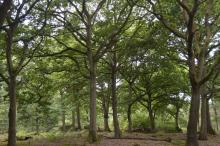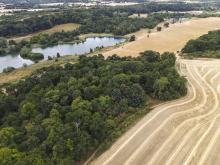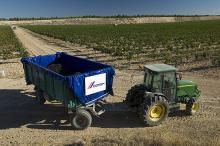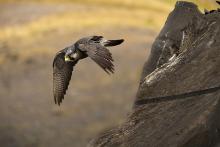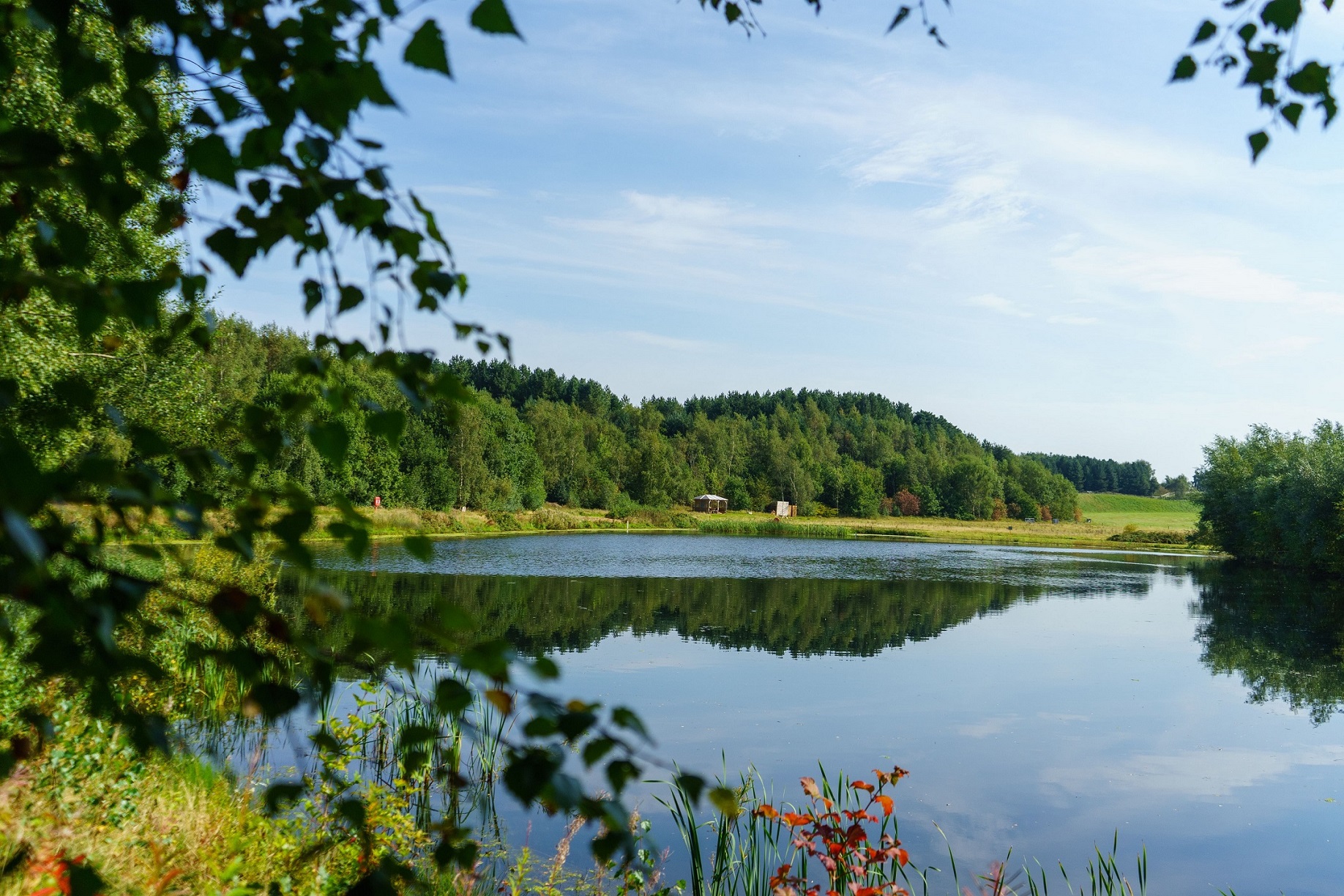
Rewilding and restoration projects at the site in Cheshire have protected wildlife in the area and enabled biodiversity to flourish, according to judges in the Construction Industry Research and Information Association (CIRIA) BIG Biodiversity Challenge Awards.
Tarmac and partners Atkins, a member of the SNC-Lavalin Group, a leading engineering and project management consultancy, were 'highly commended' in the awards for enhancements that have a long-term benefit for biodiversity.
The BIG Awards are designed to recognise organisations that put biodiversity at the heart of building projects. The Biodiversity Challenge invites the construction industry to add at least one new biodiversity enhancement to construction sites, developments or existing buildings.
Working alongside Cheshire Wildlife Trust and Atkins, Tarmac ensures that once extractions are completed at the quarry site, the land is restored to its original state or better. Ongoing since 2003, the project team has rewilded vast areas of the partially restored site.
Steven Williams, quarry manager at Tarmac's Crown Farm Quarry, said: "We have implemented habitat enhancement that goes above and beyond normal planning requirements. This has included not just habitat enhancement and restoration but also pioneering work to rewild areas of the site. Since Atkins' involvement, the biodiversity at the site has flourished.
"Following the restoration, we have seen the return of all sorts of wildlife including colonies of birds – such as sand martins, which nest in the sandbanks created by the excavators. Pollinators such as bees and butterflies (including the small heath, common blue, and small copper) and grass snakes now flourish in the restored grasslands, while naturally filled ponds and lakes have also seen an increase of rare great crested newts. A variety of bats even forage over the rewilded areas!"
Cheshire Wildlife Trust manages the large 17-hectare area of the restored and rewilded quarry as a nature reserve. Tarmac has also worked with the trust to develop and fund an onsite educational facility.
The Crown Farm Discovery Centre, run by Cheshire Wildlife Trust, holds education sessions for local school children to encourage them to learn about nature and how they can play their part in preserving it for the future.
Kevin Feeney, senior living landscape officer for Cheshire Wildlife Trust, said: "Crown Farm Quarry is locally important for some of Cheshire's rarest wildlife. In many cases, it is now the last stronghold for many plants and invertebrates that would be extinct in the county.
"Constant collaborative work to bring wildlife back has made the restoration of the sand quarry not just a haven for nature but also a place of engagement for people. Groups of children from local schools get to enjoy and learn about wildlife, helping to inspire the next generation of nature conservationists. Volunteers engage in regular practical conservation tasks, giving back to nature and improving their own physical and mental wellbeing."
Luke Gorman, Atkins' associate director (ecology) infrastructure UK & Europe, said: "The work undertaken at Crown Farm Quarry is a fantastic example of what can be achieved. The site has been restored, enhanced or rewilded in stages alongside ongoing mineral extraction. Once an area has been worked and minerals have been extracted, the land is either restored or allowed to rewild naturally.
"The quarry is an excellent example of how biodiversity gains can be achieved even during the construction/mineral extraction phase of a scheme by using staged restoration, enhancement and rewilding techniques. The nature reserve – and collaboration with Cheshire Wildlife Trust – allows people to engage with nature, bringing social and wellbeing benefits alongside biodiversity gains; the pioneering work we have undertaken, along with collaboration with the local community, is easily replicable."
Jim McClelland, founder and editor, SustMeme, and host of the BIG Awards, said: "During COP26 in Glasgow, where we hope to see biodiversity and the protection of natural habitats high on the global agenda, it is a real tonic to witness the range of projects, plus the breadth and passion of the participants involved in the BIG Awards. The long-lasting positive impacts and multiple, shared benefits that biodiversity enhancement brings to both the environment and society truly are something to celebrate."

